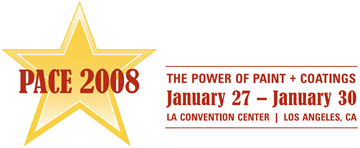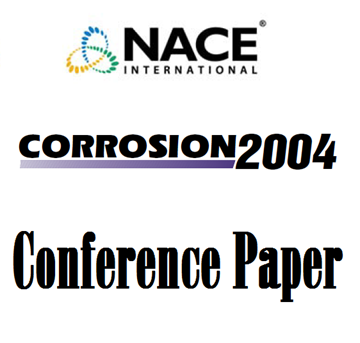Search
Corrosion Control Information Management System (CCIMS)
Also Purchased
Corrosion Control Through Micro-Porous Dry Technology
Product Number:
41208-451-SG
Publication Date:
2008
$20.00
04257 Control of Corrosion and Service Life
Product Number:
51300-04257-SG
ISBN:
04257 2004 CP
Publication Date:
2004
$20.00
(Inspection) What Do You Really Need to Know to be a Good Coatings Inspector?
Product Number:
60-COAT_DEC21
Publication Date:
2021
$20.00
Recently viewed




